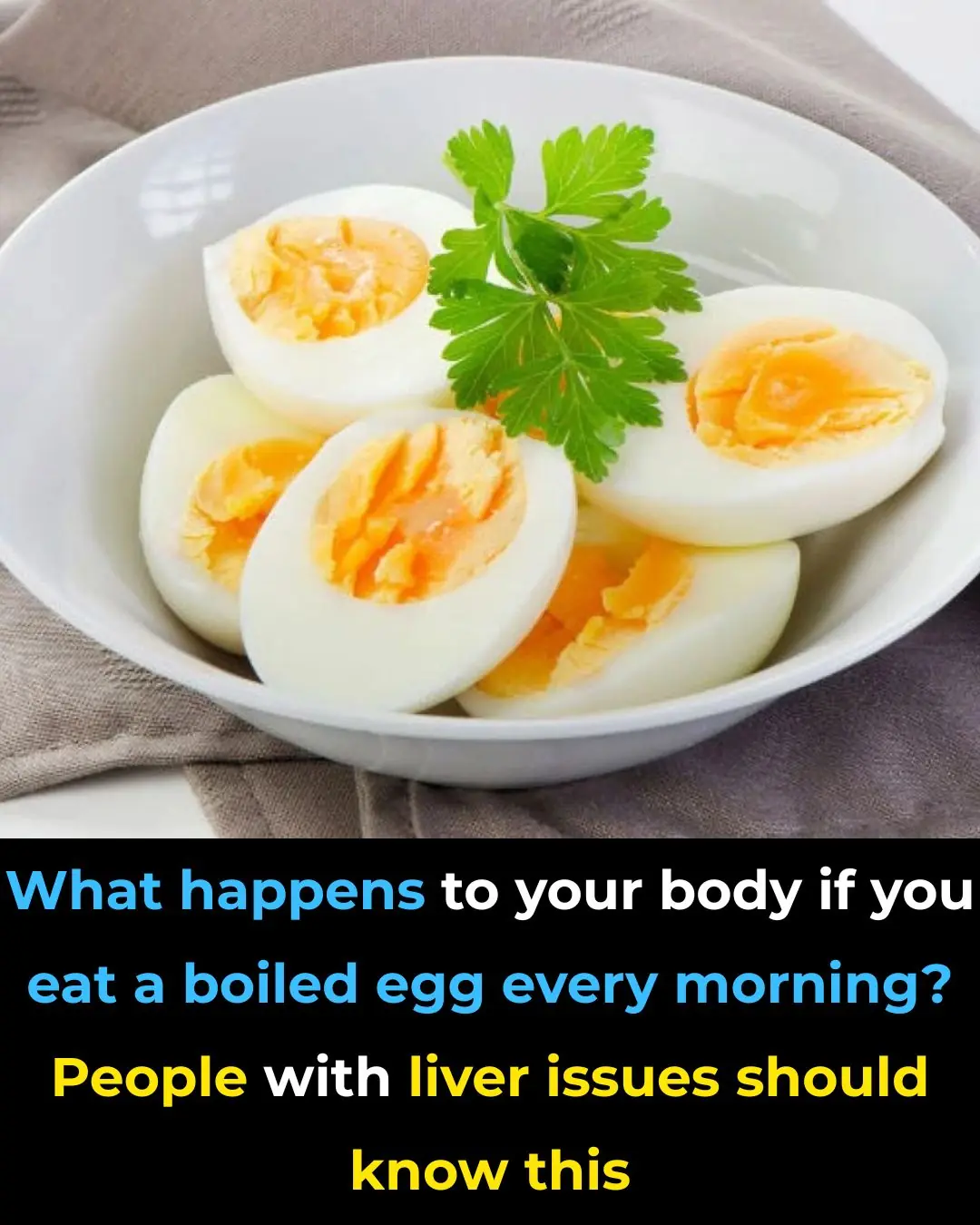
If Your Heart Hurts Suddenly, It Could Be a Warning Sign of These Diseases
Sudden chest pain is never something to be ignored. While it can sometimes be harmless, such as the result of muscle strain or indigestion, it may also indicate serious and life-threatening conditions. If your heart hurts suddenly, it could be your body trying to warn you about underlying diseases that require immediate attention. Understanding the possible causes behind sudden heart pain can help you seek timely medical help and potentially save your life.
One of the most common and dangerous causes of sudden heart pain is coronary artery disease (CAD). CAD occurs when the blood vessels that supply oxygen to the heart become narrowed or blocked due to plaque buildup. This restricts blood flow, and the heart muscle becomes deprived of oxygen. A sudden blockage, such as a blood clot, can lead to a heart attack. The classic symptoms include a sharp or squeezing pain in the chest, shortness of breath, and pain radiating to the left arm, jaw, or back. This condition is a medical emergency and requires immediate treatment.
Another possible cause is angina, which is chest pain resulting from reduced blood flow to the heart. It’s not a heart attack, but it can be a warning sign of one. Angina often feels like pressure or tightness in the chest and may be triggered by physical exertion or stress. There are two main types: stable angina and unstable angina. While stable angina is predictable and manageable with medication, unstable angina is more dangerous and unpredictable. It can occur even at rest and may signal an impending heart attack.
Pericarditis, the inflammation of the lining around the heart, is another condition that can cause sudden chest pain. The pain is often sharp and worsens when lying down or breathing deeply. Pericarditis may be caused by viral infections, autoimmune diseases, or after a heart attack. Though less common than other heart conditions, it should still be taken seriously.
Aortic dissection is a rare but extremely dangerous cause of sudden chest pain. It involves a tear in the inner layer of the aorta, the large artery carrying blood from the heart to the rest of the body. This causes severe, tearing chest pain that may radiate to the back. Without immediate surgical intervention, aortic dissection can be fatal.
Gastroesophageal reflux disease (GERD) or acid reflux can sometimes mimic heart pain. Though it’s related to the digestive system, the burning sensation in the chest can feel very similar to heart-related chest pain. However, the key difference is that heart pain usually comes with other symptoms like sweating, nausea, or difficulty breathing. If there is any doubt, it is always better to err on the side of caution and consult a healthcare provider.
Pulmonary embolism, a blood clot in the lungs, is another serious cause of sudden chest pain. It often comes with symptoms like shortness of breath, coughing up blood, or dizziness. It requires emergency treatment, as it can restrict oxygen supply and lead to death.
In conclusion, sudden heart pain should never be brushed off. It could be a sign of serious health issues such as coronary artery disease, angina, pericarditis, or even aortic dissection. While not all chest pain is life-threatening, only a doctor can determine the cause with certainty. It is crucial to recognize the warning signs and seek medical help immediately. Early diagnosis and treatment can make the difference between life and death. Your heart is your body’s engine—when it signals trouble, listen.
News in the same category

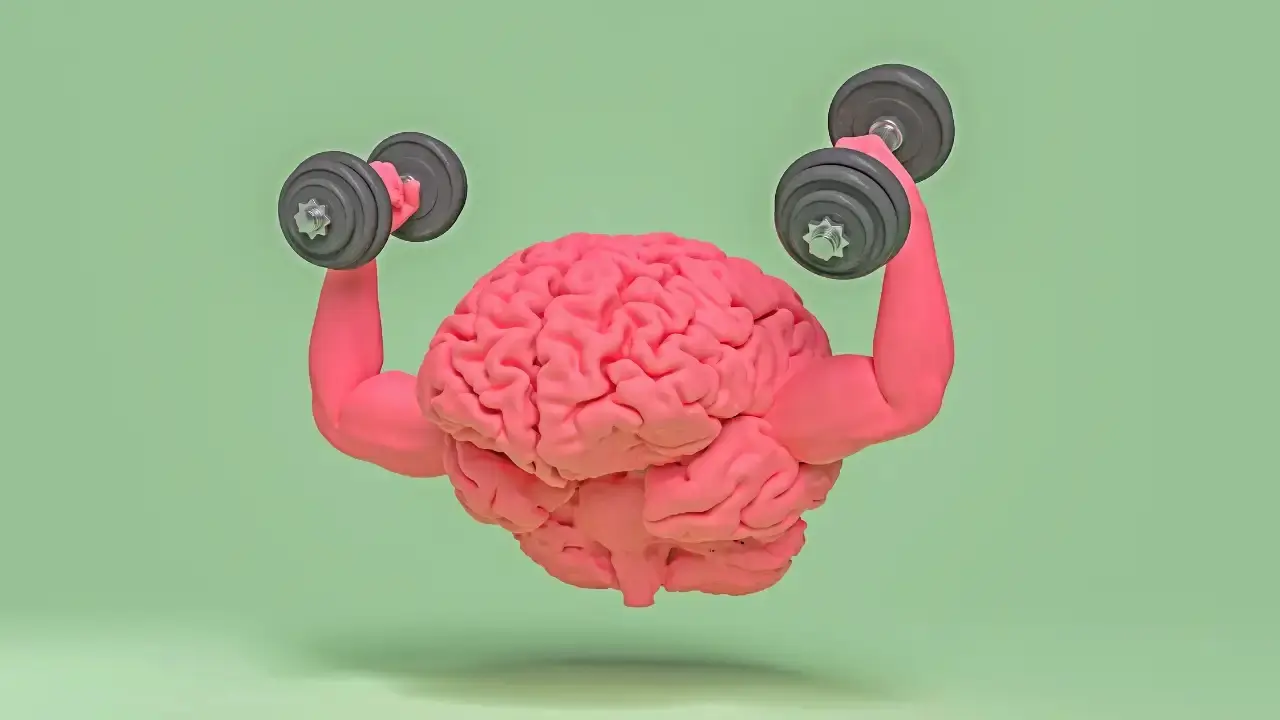
If You Do These 8 Things You Are Slowly Destroying Your Brain

How Drinking Bottled Water Could Seriously Impact Your Health

The Unexpected Health Benefits You Get from Massaging Your Feet Often Will Shock You

Insomnia No More! Try This Secret Method to Fall Asleep Fast and Sleep Deep
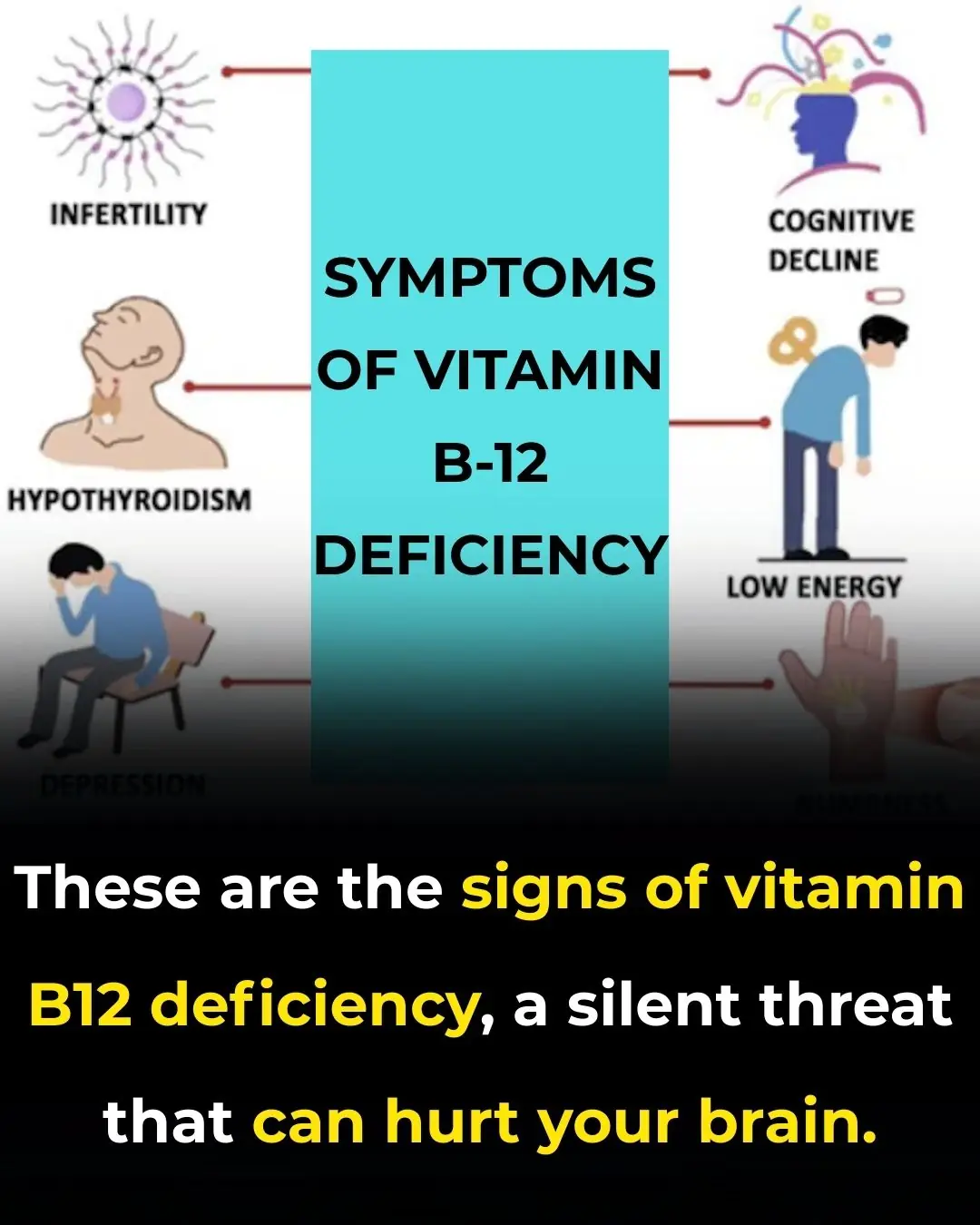
Symptoms of Vitamin B12 Deficiency

Study Confirms: Your Morning Coffee Boosts Happiness
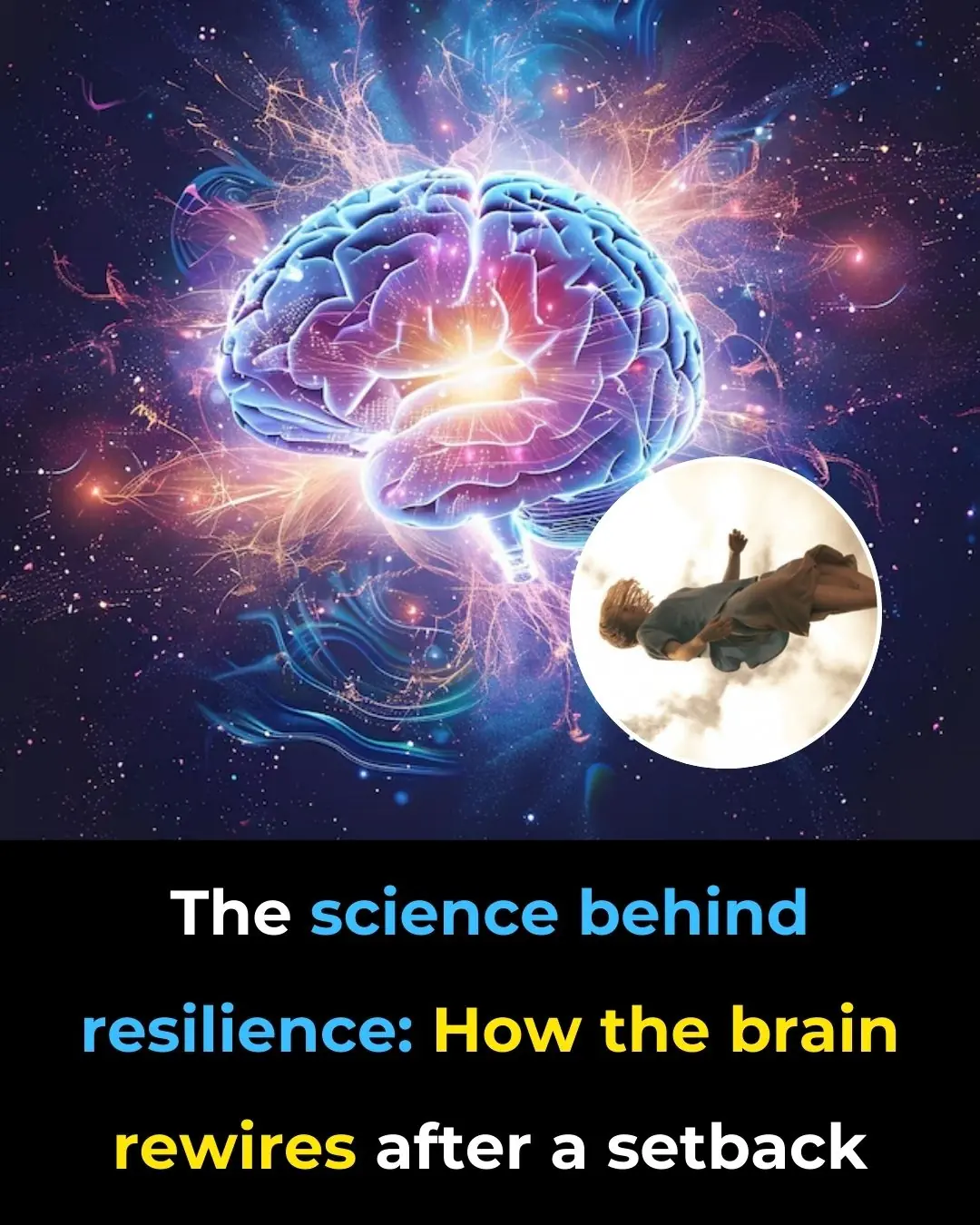
The Science Behind Resilience: How the Brain Rewires After A Setback

Swollen Legs, Ankles and Feet: Causes and Proven Remedies (Including Parsley Tea Recipe)

We Tested Dozens of Workout Leggings — These 11 Were the Best
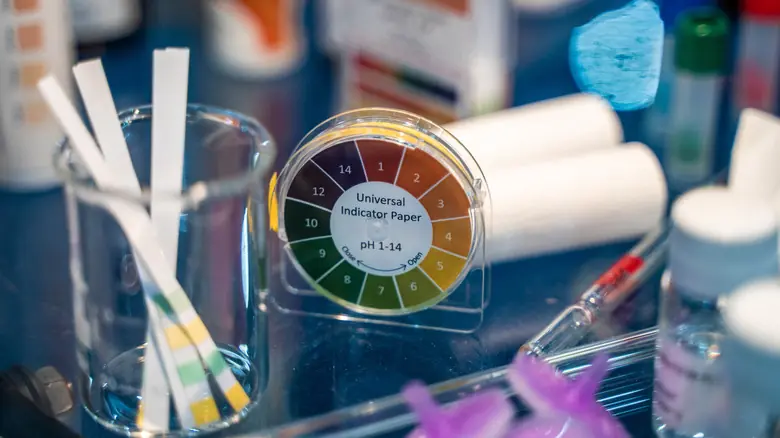
pH Balance and Your Health: What the Science Says About Acidosis and Alkalizing Your Body

5 Best Foods for Alopecia

The Anti-Cancer Diet: Cancer Fighting Foods to Help Prevent Cancer (Evidence Based)
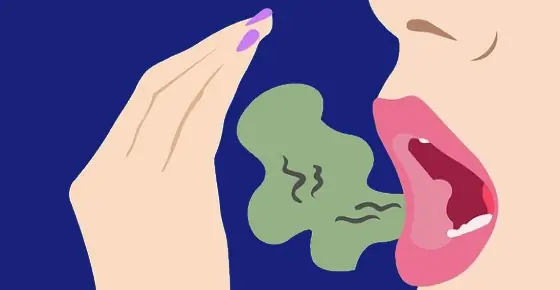
How to Get Rid of Bad Breath (Halitosis): Scientifically Proven Home Remedies
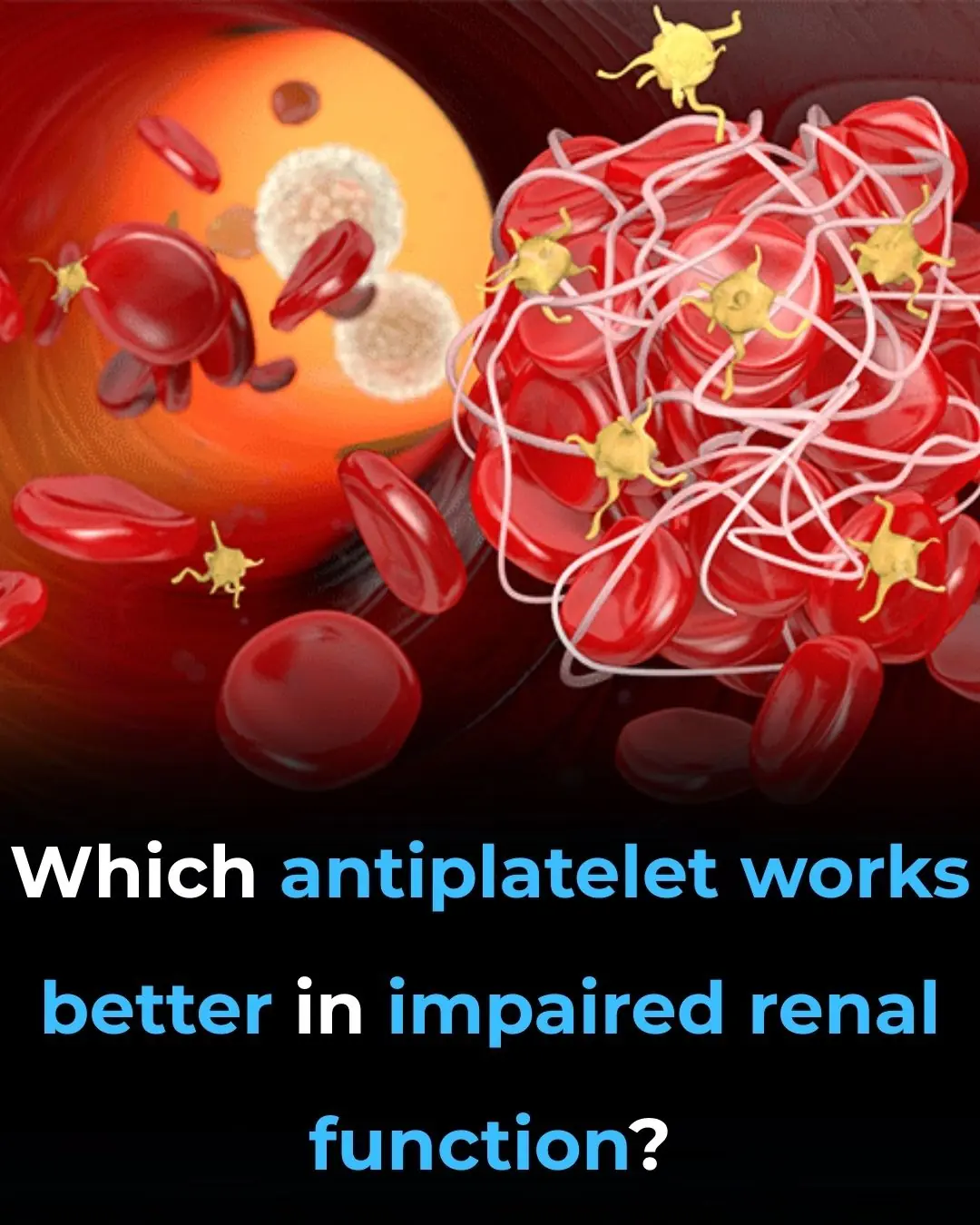
Which Antiplatelet Works Better in Impaired Renal Function?

Debate Over? Radiotherapy vs Surgery in High-Risk Prostate Cancer
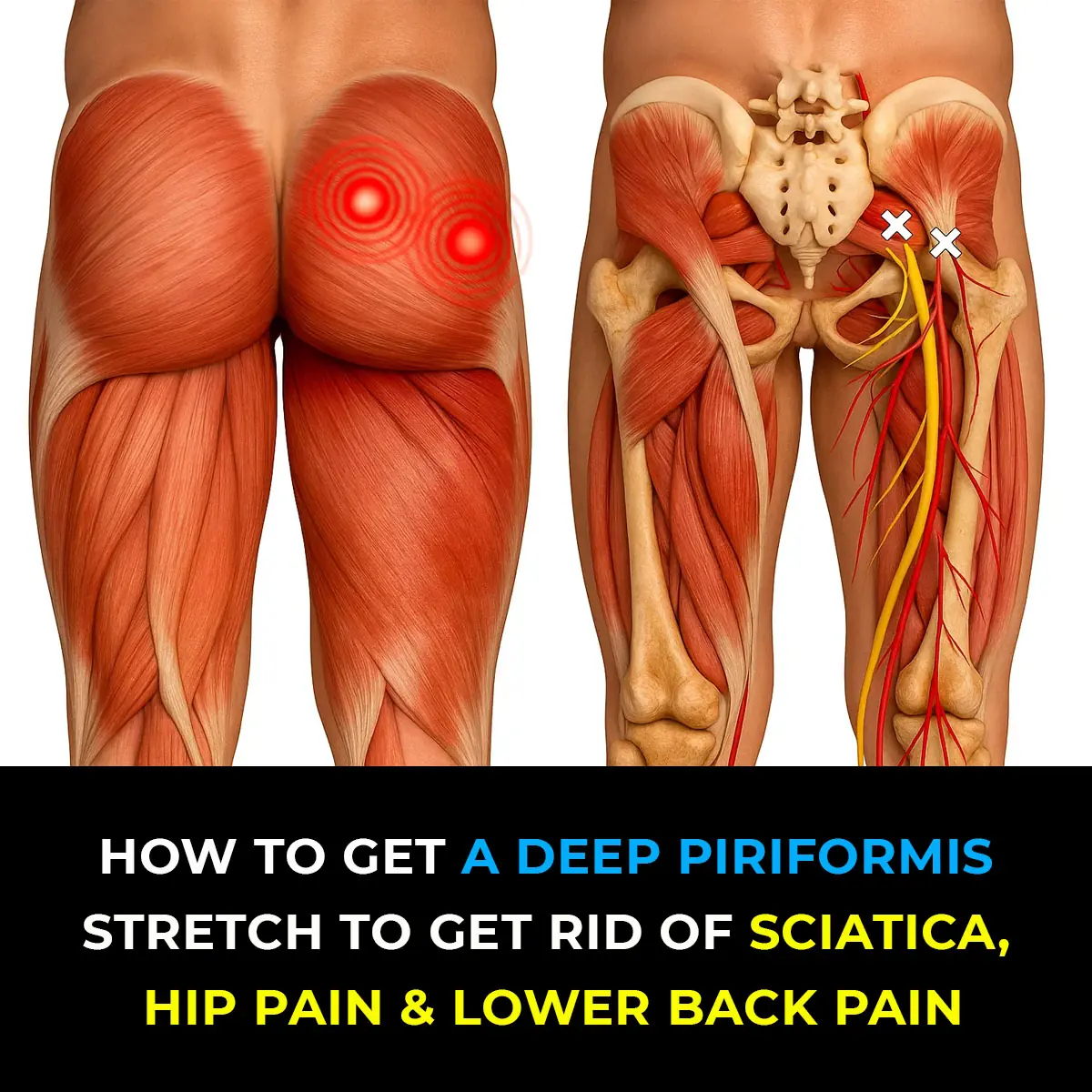
Powerful Piriformis Stretch to Soothe Sciatic, Hip, and Lower Back Pain
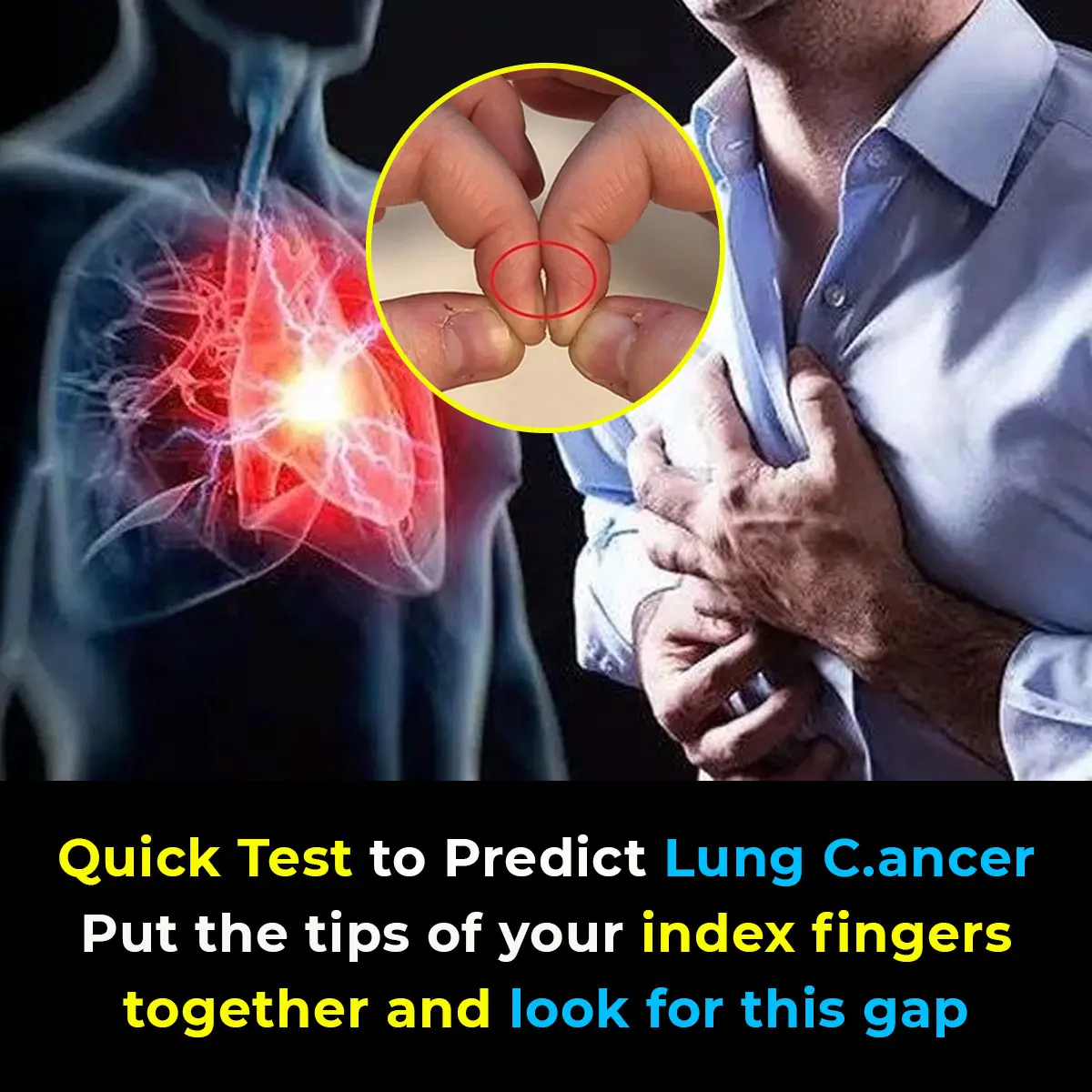
Schamroth Window Test May Reveal if You Have Finger Clubbing
News Post

'Hostile' comet aimed at Earth could obliterate the world's economy 'overnight' if it hits

Iconic movie sequel delayed until 2027 after online sleuths 'guessed the plot'

Wooden Cutting Board Got Black Mold? Skip the Soap—Do This 5-Minute Reset

Don’t Use Plain Water for Flower Arrangements

When Boiling Sweet Potatoes, Don’t Use Plain Water—Add a Spoonful of This for Softer, Sweeter Results

Don’t Thaw Fish by Putting It in Water

Don’t Clean Your Bathroom Mirror with Plain Water

The Correct Way to Add Detergent and Fabric Softener to Your Washing Machine

Don’t Throw Away Rice Washing Water: 6 Smart Uses That Can Save Serious Money

Don’t Sleep With Your Pets
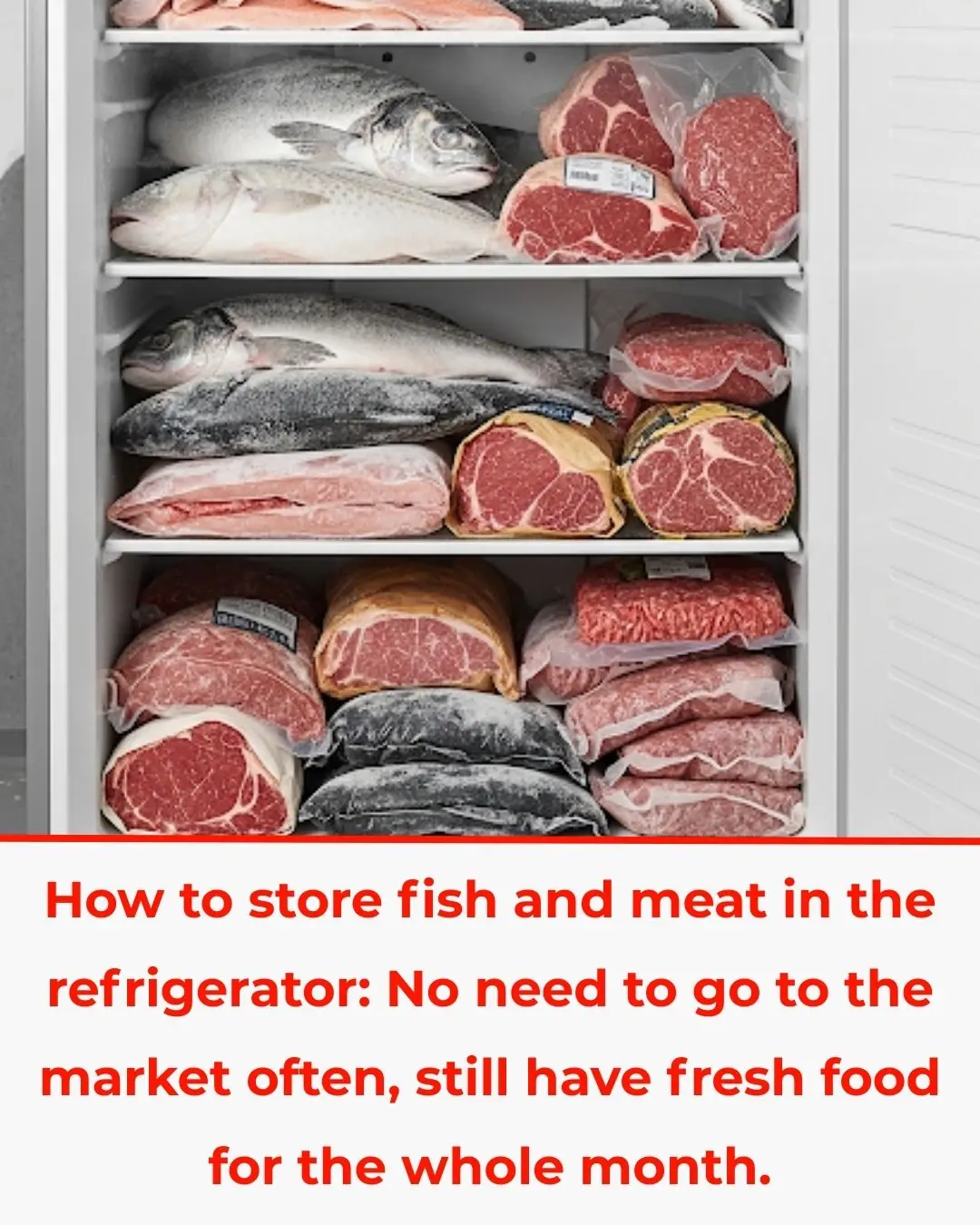
How to Store Fish and Meat in the Refrigerator: Shop Less, Keep Food Fresh All Month

How many eggs should you eat a week?
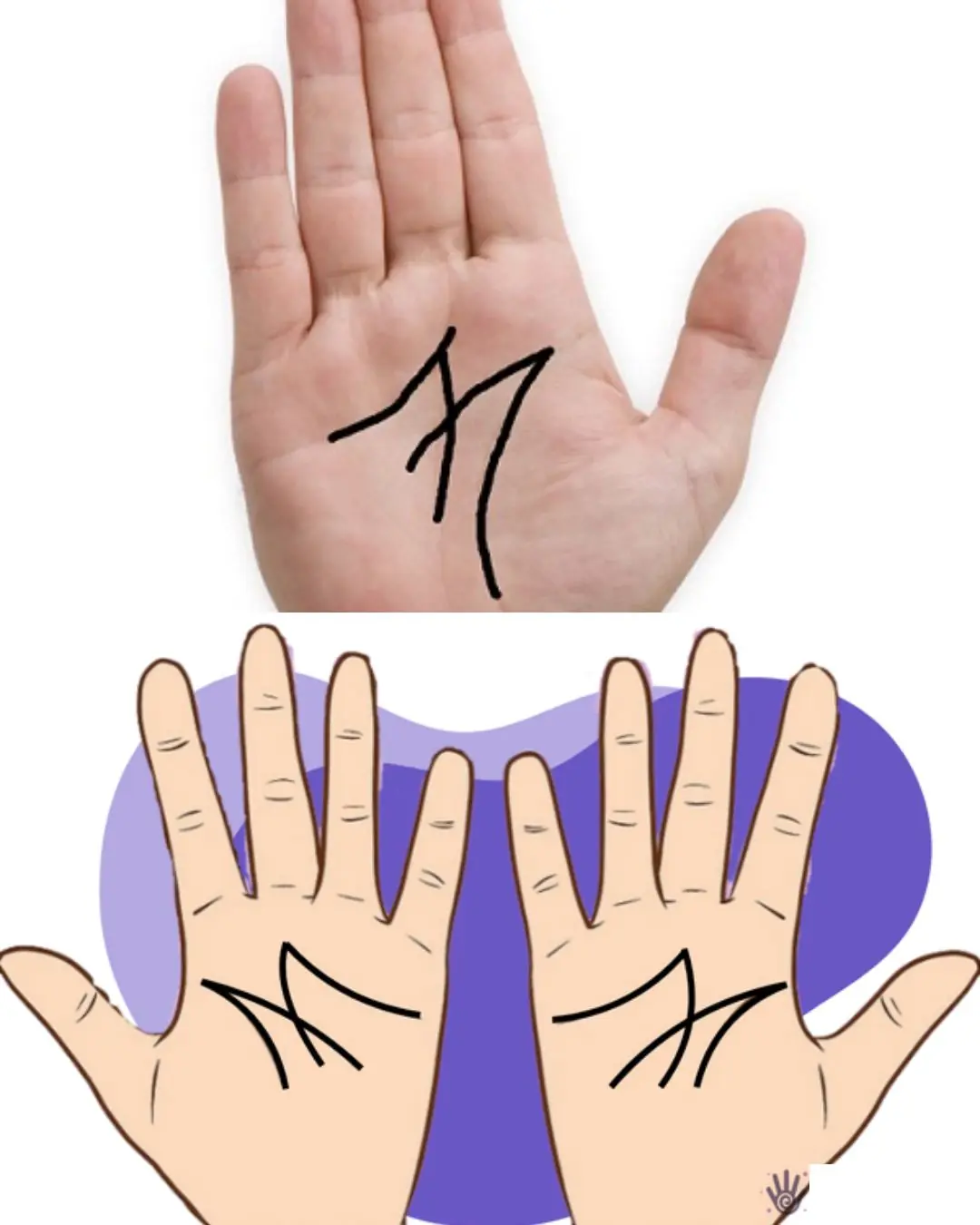
The Secret Meaning of the Letter “M” on Your Palm
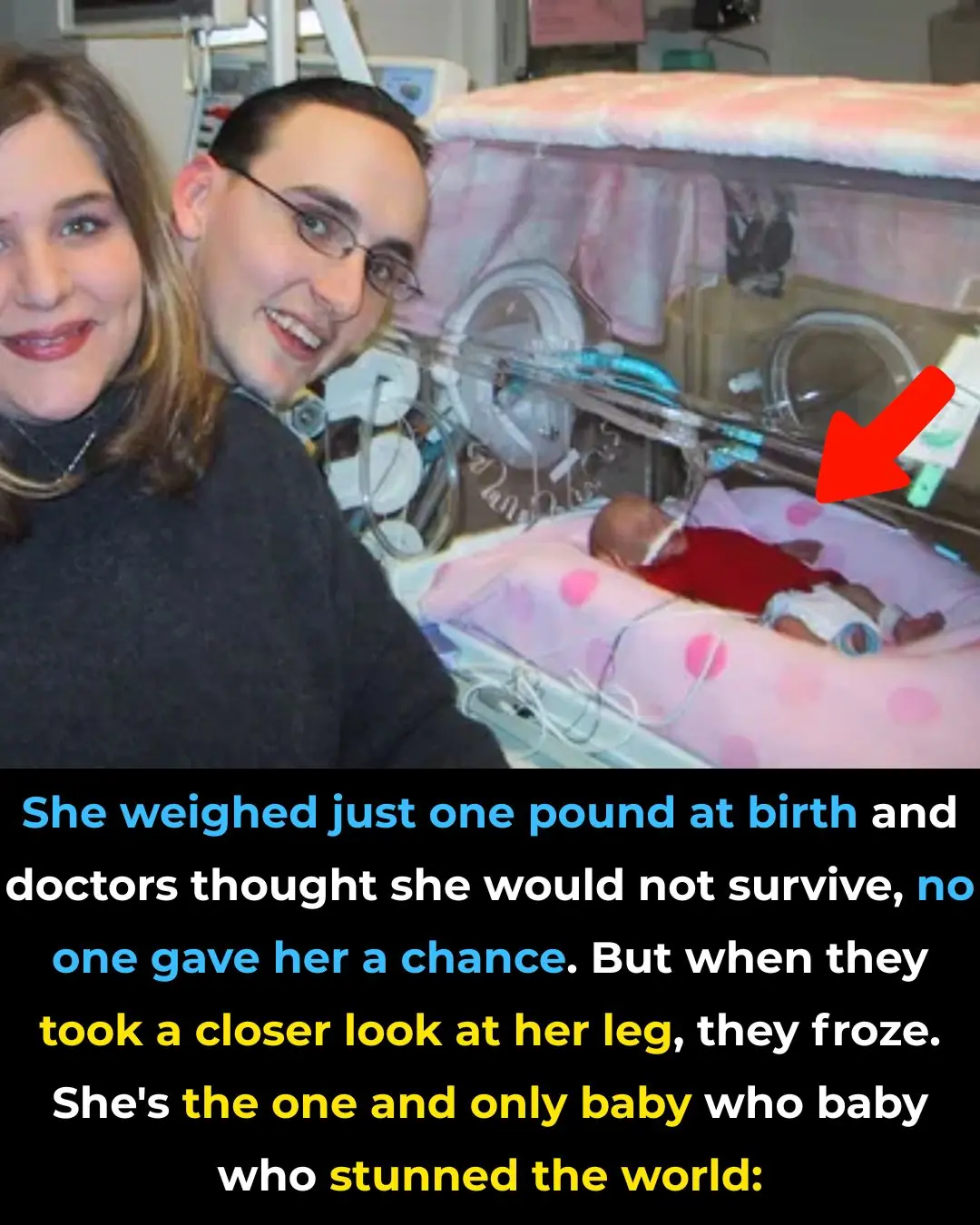
The Remarkable Journey of Tru Beare, Who Was Born Weighing Only One Pound

If You Do These 8 Things You Are Slowly Destroying Your Brain

How Drinking Bottled Water Could Seriously Impact Your Health

The Unexpected Health Benefits You Get from Massaging Your Feet Often Will Shock You
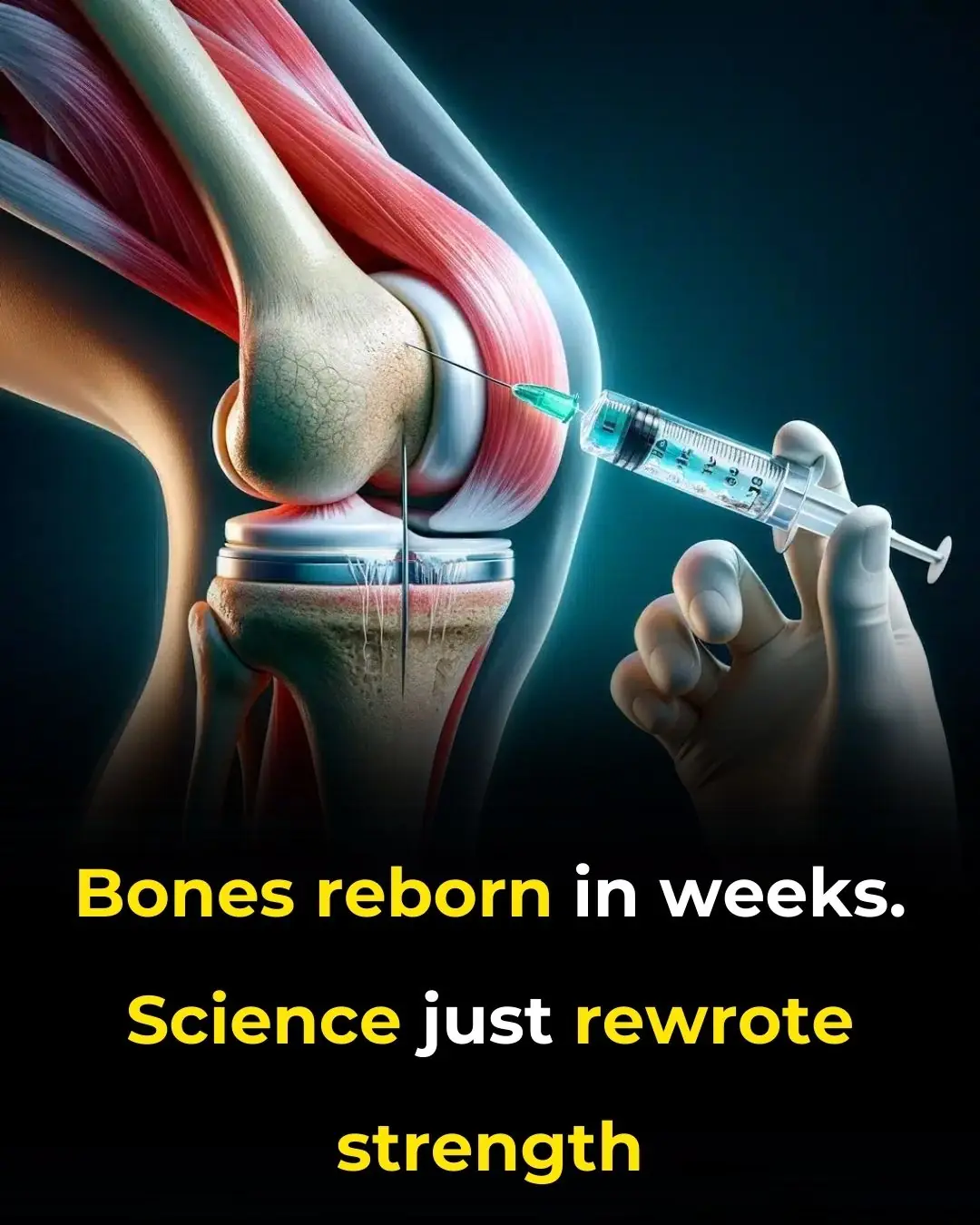
Researchers Create Injectable Hydrogel to Boost Bone Strength

If You Have Moles on This Part of Your Body
